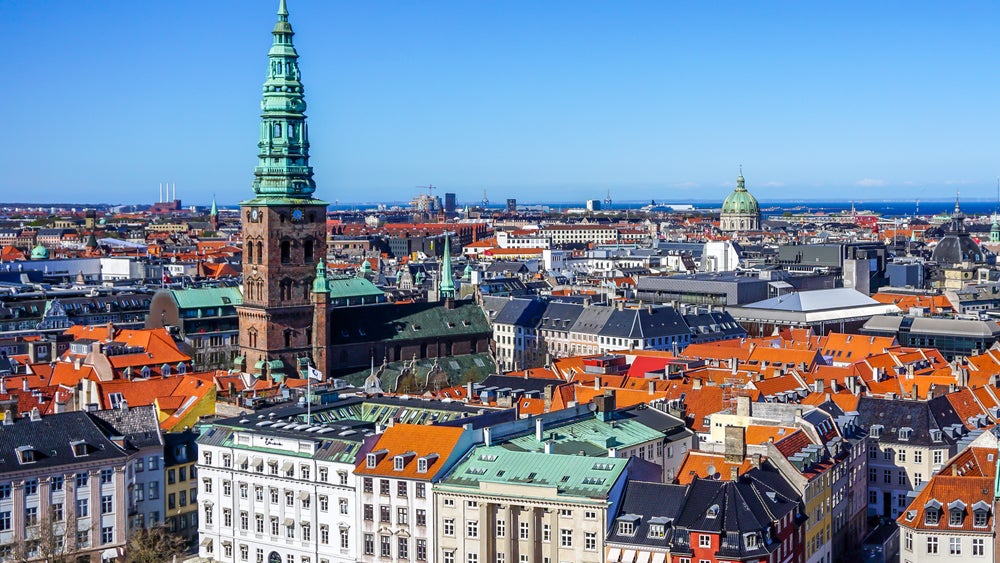Eagle-eyed and food-oriented viewers of the latest season of the hit TV series The Bear, will have spotted a cameo in the opening episode of the season where a fleeting glimpse is seen of one man: René Redzepi, co-owner and head chef of Noma. Based in Copenhagen since 2003,
Noma has become infamous in the food world, earning three Michelin stars and being named the world’s best restaurant numerous times since 2010. The Bear has paid homage to Noma across its three seasons and has highlighted Noma and Copenhagen’s influence on food and fine dining.
However, after 21 years, Noma will close its doors to the public this year. In the summer of 2023, it announced “To continue being Noma, we must change”, leaving culinary fans in shock. Noma will continue life in its test kitchen, expanding its food laboratory to continue its famous innovations.
Noma: A cut above
Noma has consistently been on the cutting edge of food innovations. Its history is firmly rooted in experimentation and culinary creativity. Food writer and presenter Anthony Bourdain used to travel the world documenting life through the lens of local food. When in Denmark, the episode took place entirely at Noma and with its chefs.
In its test kitchen, René and the Noma chefs have a magical lab of food heaven, with new flavours, textures, and techniques. In 2016, Noma moved to a waterfront location with a vegetable farm and greenhouse. With this, the restaurant pushed sustainability by sourcing locally and creating seasonal menus. Furthermore, it pioneered foraging techniques with ingredients on seasonal menus including moss, pinecones, and deer brains.
Fun with fermentation
The lab is a fermentation haven. Scientific journals have documented Noma’s creations and the Food Research Journal is set to publish a paper on the microbial, protein-rich, miso varieties that Noma has produced. Through the process of fermentation—using classic fermentation bases like peas and soy as well as rye bread—Noma developed eight novel varieties of miso. The study finds that the miso varieties contain a greater range of microbes than is currently found in other varieties and highlights how Noma’s new proteins could be used to contribute to further studies on fermentation and microbe ecology outside of the food world.

US Tariffs are shifting - will you react or anticipate?
Don’t let policy changes catch you off guard. Stay proactive with real-time data and expert analysis.
By GlobalDataFermentation is a key trend in the future of food. The growth of plant-based diets is leading to innovations in the ways that alternative proteins are produced. 3D-printed vegan ‘meats’ are appearing on the market, and fermentation processes are rife in this sector. Quorn have been leaders here for decades, but recent developments have led to start-ups being able to ferment and manipulate proteins to mimic eggs, fish, chicken, and even woolly mammoth. So, it is time to bid farewell.
After 21 years of innovation, to be Noma is to change. Recent media like The Bear and the 2023 film The Menu have brought fine dining and gastronomy into the public consciousness. I’m sure this played no thought to René in the decision to close Noma, but the test kitchen, well the test lab, is where the restaurant is making its biggest steps.
As conversations around sustainability, food security, and wastage become more important, Noma establishing itself as a place of science and innovation with its foraging techniques, seasonal menus, and fermentation processes that can lead the way for others in the food industry is an important and exciting step.









